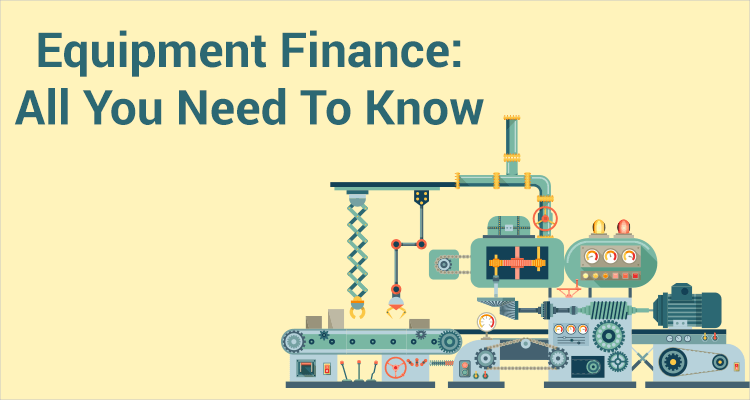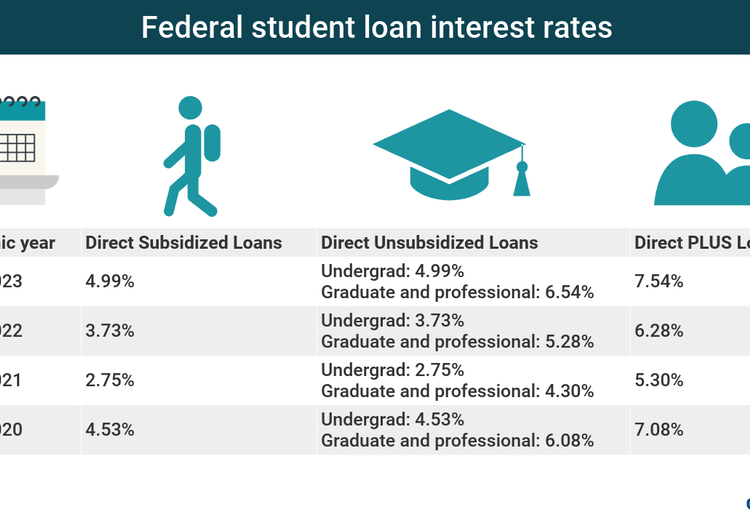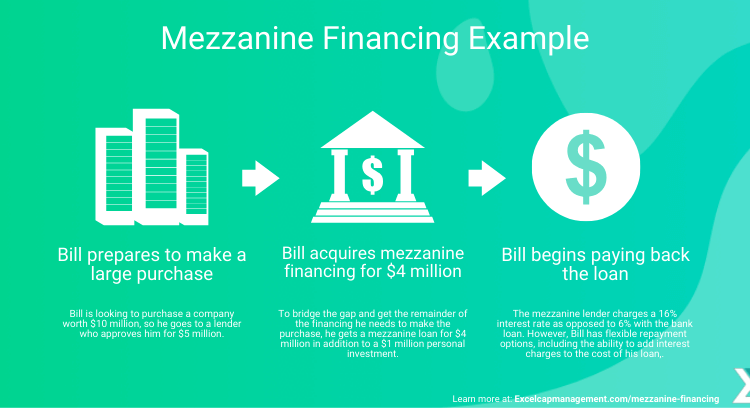Securing the best workers comp insurance is vital for small businesses looking to protect their employees and shield themselves from financial liabilities associated with workplace injuries. This comprehensive guide will help you understand workers’ compensation insurance, its costs, how to choose the right provider, and the unique requirements for various industries. By thoroughly evaluating your options, you can find a policy that best fits your business’s needs and ensures a safer work environment.
Toc
- 1. Understanding Workers’ Compensation Insurance
- 2. State Requirements and Compliance
- 3. Factors Affecting the Cost of Workers’ Comp Insurance
- 4. Choosing the Right Workers’ Comp Insurance Provider
- 5. Related articles 01:
- 6. Specialized Workers’ Compensation Needs
- 7. Emerging Trends in Workers’ Compensation
- 8. Resources for Small Business Owners
- 9. Conclusion
- 10. Related articles 02:
Understanding Workers’ Compensation Insurance

Workers’ compensation insurance is designed to offer financial assistance to employees who experience injuries or illnesses while performing job-related duties. This coverage typically includes expenses related to workplace injuries, such as medical bills, lost wages, rehabilitation, and death benefits in the unfortunate event of a fatality. Workers’ compensation insurance is essential for small businesses because it protects employees and helps business owners avoid costly lawsuits related to workplace incidents.
Key Coverages Offered
A typical workers’ compensation policy includes several key coverages critical for employee welfare and business protection:
- Medical Expenses: Covers hospital bills, doctor visits, surgeries, and necessary treatments linked to work-related injuries. Immediate care can prevent more serious health issues from developing.
- Lost Wages: If an employee cannot work due to an injury, workers’ comp compensates a portion of their lost income, helping them maintain financial stability during recovery.
- Rehabilitation Costs: Injured employees may require physical therapy or vocational rehabilitation services. This coverage ensures they receive necessary support for their recovery.
- Death Benefits: In the case of a fatal workplace accident, benefits are provided to the employee’s family to cover funeral expenses and offer financial support during a difficult time.
It’s crucial to understand what is generally excluded from coverage. For instance, injuries sustained while an employee is under the influence of drugs or alcohol or injuries that occur outside of work hours are typically not covered. Recognizing these exclusions helps business owners make informed decisions about their policies.
State Requirements and Compliance
Each state has its own regulations regarding workers’ compensation insurance. Most states require businesses with at least one employee to carry this insurance, though some may have different thresholds. Notably, Texas and South Dakota are exceptions where coverage is not mandated. Noncompliance with state regulations can lead to severe penalties, including hefty fines or legal action against the business.
For small business owners, it is crucial to familiarize themselves with their state’s specific laws regarding workers’ compensation. Many states also offer resources through their labor departments to help businesses understand their obligations and ensure compliance.
Factors Affecting the Cost of Workers’ Comp Insurance
The cost of workers’ compensation insurance varies significantly based on several factors. Understanding these elements can help small business owners anticipate their premiums and explore ways to reduce costs.
Influencing Factors
- Industry Classification: Different industries have varying levels of risk, reflected in their classification codes. Higher-risk industries, such as construction or manufacturing, generally incur higher premiums. Insurers assess these risks to determine coverage costs.
- Payroll Size: The total payroll of a business significantly influences premium calculations. A larger workforce often results in higher premiums, as insurers view larger payrolls as indicative of increased risk exposure.
- Claims History: A history of frequent claims can lead to increased premiums. Insurers perceive businesses with multiple claims as higher risk, resulting in higher rates at renewal time.
- Safety Record: Businesses with strong safety records may qualify for lower premiums due to their proactive approach to workplace safety. Implementing safety programs can significantly reduce the likelihood of injuries and subsequent claims.
- Experience Modification Rating (EMR): This rating reflects a company’s past claims experience, with a lower EMR leading to lower premiums. Some states employ different rating systems, which can impact how premiums are determined.
Counterpoint on Safety Records
While a strong safety record generally leads to lower premiums, some insurers may not fully account for proactive safety measures in their pricing. This discrepancy can result in businesses with excellent safety practices still facing elevated costs, highlighting the complexity of insurance pricing.
Strategies for Cost Reduction
To help manage costs, small business owners can implement several effective strategies:
- Develop Safety Programs: Investing in employee training and safety initiatives can reduce workplace accidents, thereby lowering insurance costs. Regular safety audits and employee education foster a safer work environment.
- Accurate Employee Classification: Ensuring employees are classified correctly based on their job roles can prevent overcharges. Misclassifying employees can inflate premiums, so consulting with your insurance provider for proper classifications is essential.
- Pay-As-You-Go Options: Many insurers offer flexible payment options where businesses can pay based on actual payroll rather than estimates. This approach helps manage cash flow more effectively, especially for seasonal businesses.
- Negotiation with Insurers: Shopping around and negotiating with different insurance providers can yield the best rates. Many providers offer discounts for new customers or those with a good safety record.
Choosing the Right Workers’ Comp Insurance Provider
Finding the right workers’ compensation insurer is crucial for securing the best coverage for your small business. The right provider can significantly impact both the cost and quality of service.
4. https://khositrangsuc.com/mmoga-best-car-insurance-consumer-reports-your-guide-to-top-providers/
5. https://khositrangsuc.com/mmoga-best-car-insurance-in-nevada-your-essential-guide/
Evaluation Criteria
When evaluating potential providers, consider the following key criteria:
Financial Strength Assessment
Assess the insurer’s financial health through ratings from independent agencies. A financially stable insurer is more likely to pay claims promptly and provide reliable coverage.
Customer Service Evaluation
Research reviews and testimonials to gauge the level of customer service provided. A provider with a strong reputation for service can be invaluable when claims arise.
Claims Handling Efficiency
Understanding how the insurer processes claims is essential. Look into average claim settlement times and customer satisfaction ratings regarding claims handling. Timely claims management is critical for employee satisfaction and can affect your business’s operations.
Available Resources
Seek insurers that offer additional resources, such as safety training programs or risk management tools. These services can enhance workplace safety and reduce the likelihood of claims.
Counterpoint on Financial Stability
While financial stability is crucial, even stable insurers may exhibit varying levels of customer service or claims-handling efficiency. It’s essential to balance financial strength with service quality when selecting an insurer.
Types of Providers
Workers’ compensation insurance can be obtained through various avenues, each with its own advantages and disadvantages:
- Private Insurers: The most common option, offering a range of policies and coverage options tailored to different industries. These insurers often provide competitive pricing and various coverage levels.
- State Funds: In states with monopolistic funds (such as North Dakota and Ohio), businesses must purchase coverage through the state. While this can limit choices, state funds may offer unique benefits and stability.
- Self-Insurance: Larger businesses may choose to self-insure, setting aside funds to cover potential claims instead of purchasing insurance. This option requires careful financial planning and can be risky if not managed properly.
Specialized Workers’ Compensation Needs
Certain industries and situations have unique requirements regarding workers’ compensation insurance. Understanding these needs can help you find the best policy for your specific situation.
Best Workers’ Comp Insurance for Small Business
For small businesses, the ideal workers’ comp policy should offer comprehensive coverage at a reasonable cost. Small business owners must consider their specific risks, employee classifications, and claims history to find the most suitable policy. Additionally, small businesses often benefit from personalized service, which can help them navigate the complexities of insurance.
Best Workers’ Comp Insurance for Nannies
Employers of nannies may face different insurance needs compared to traditional businesses. In many cases, household employers must secure workers’ compensation coverage to protect against potential claims. Nanny-specific policies often address unique aspects such as the work environment, job responsibilities, and the potential for injuries. Checking local regulations is essential, as some states require coverage for domestic workers.
Best Workers’ Comp Insurance for Construction
The construction industry is known for its high-risk nature, necessitating specialized workers’ comp policies. Insurers typically charge higher premiums for construction businesses due to the potential for serious injuries. Additionally, coverage for subcontractors is essential, as many construction projects rely on independent contractors. Contractors should ensure their policy provides adequate coverage for all workers on the job site.
Emerging Trends in Workers’ Compensation
As the workplace evolves, so does workers’ compensation insurance. Here are some emerging trends to consider:
- Telemedicine for Workplace Injuries: The increasing use of telemedicine allows employees to consult healthcare providers remotely, improving access to care and expediting recovery times. This trend can also reduce costs associated with traditional in-person visits.
- Technology-Driven Safety Programs: The rise of wearable technology, such as sensors for fall detection, is enhancing workplace safety. These tools help employers monitor employee safety and prevent injuries before they occur.
Resources for Small Business Owners
When searching for the best workers’ comp insurance, several resources can aid small business owners in making informed decisions.
List of Workers’ Compensation Insurance Companies in the USA
Having a comprehensive list of workers’ compensation insurance providers can help you compare policies and rates effectively. Here are some categories to consider:
- Major National Companies: Well-known insurers that offer broad coverage options and have established reputations for reliability and service.
- Specialized Providers: Companies focusing on niche markets, such as construction or healthcare, can provide tailored coverage and expertise.
- State Funds: If your state requires coverage through a state fund, familiarize yourself with the available options and the specific benefits they offer.
Top 100 Workers’ Compensation Insurance Companies
Staying informed about the largest providers in the market can provide insight into industry leaders. These companies often have the resources and expertise to offer competitive rates and comprehensive support, making them a valuable choice for small businesses.
Regular Policy Reviews
It’s essential for small business owners to regularly review their workers’ compensation policies. As businesses grow or change, their insurance needs may also evolve. Conducting annual reviews ensures that coverage remains adequate and cost-effective. Regularly assessing your policy allows for adjustments in coverage levels or switching providers if better options become available.
Conclusion
Securing the best workers comp insurance is a vital step for small business owners looking to protect their employees and finances. By understanding the key aspects of workers’ compensation insurance, evaluating costs, and selecting the right provider, you can find a policy tailored to your business’s unique needs. Additionally, regularly reviewing your coverage will help you adapt to changes and maintain adequate protection as your business evolves. Investing time in understanding and managing your workers’ compensation insurance can lead to greater peace of mind and a safer workplace for everyone involved.










